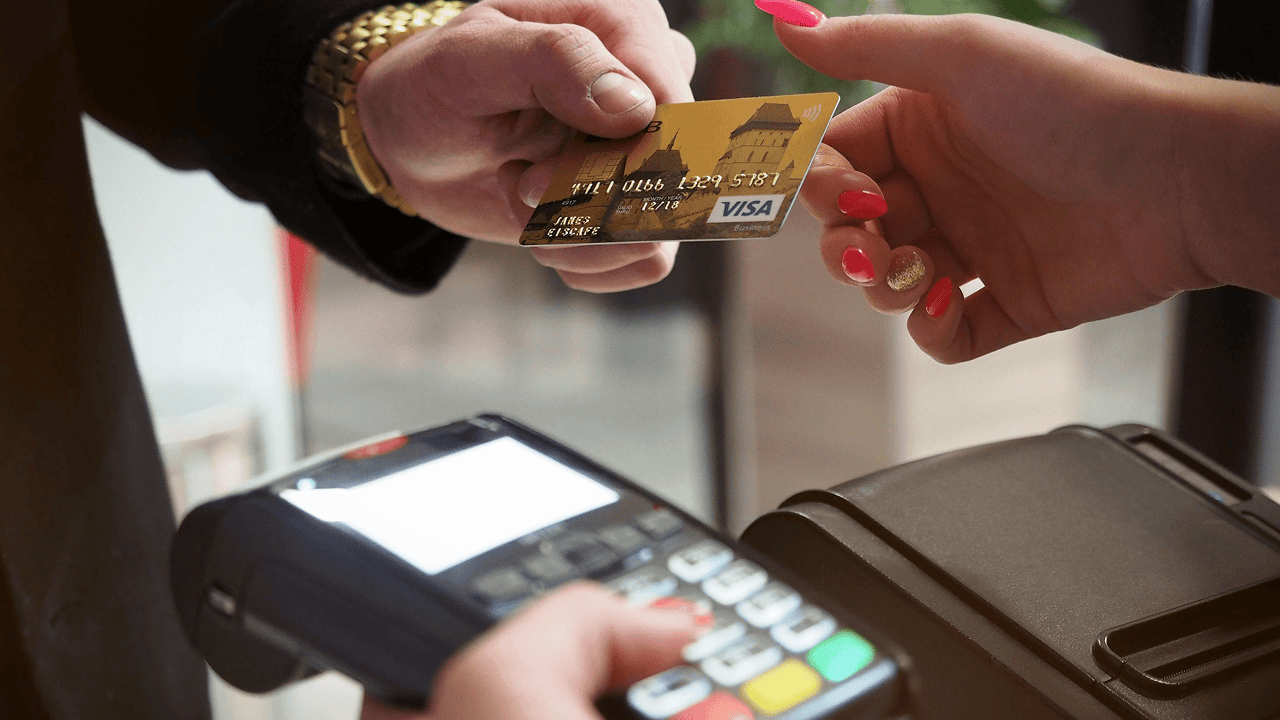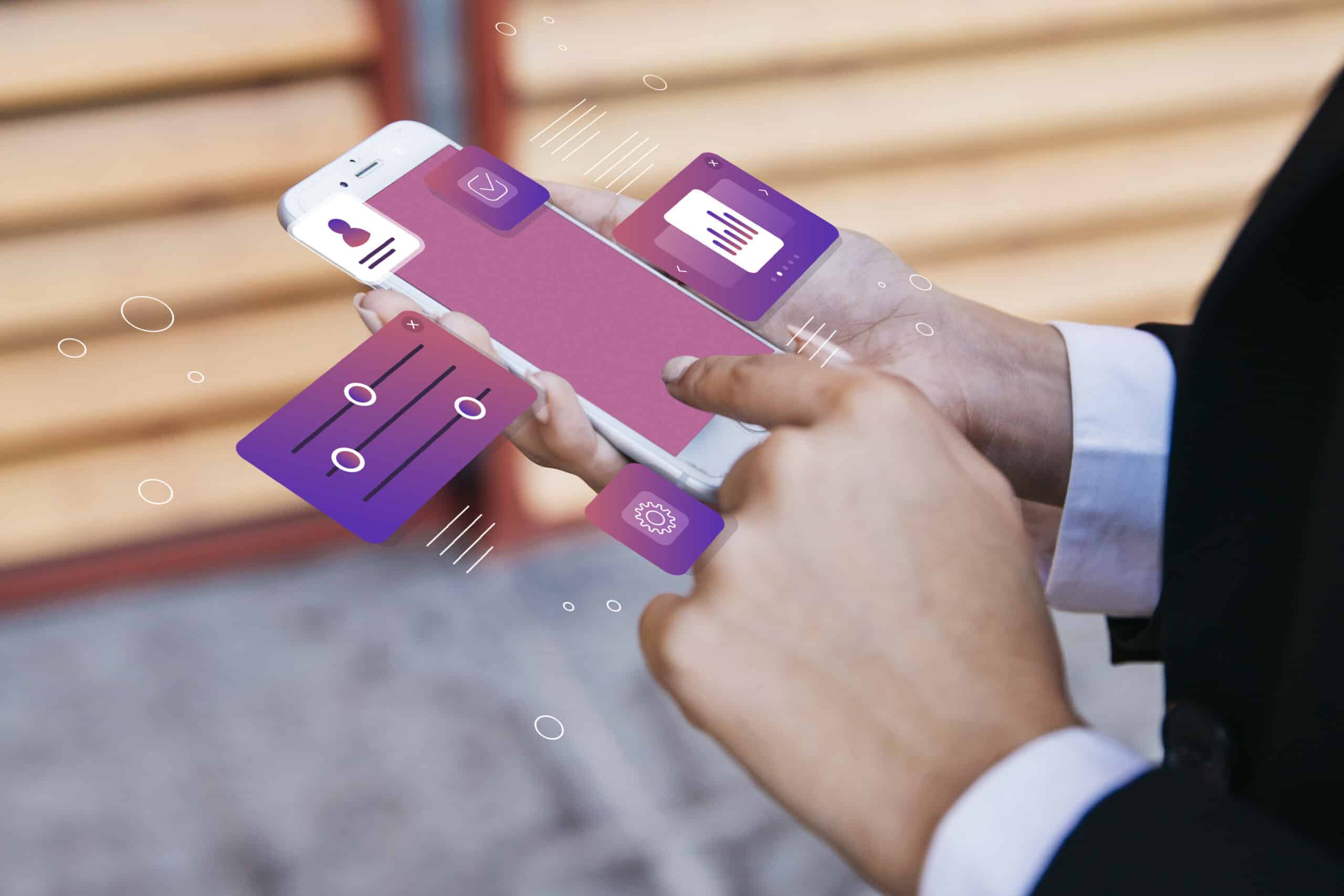
By Gladys Serrano April 15, 2025
Weddings today are no longer confined to tradition alone. They are celebrations that combine elegance, creativity, and convenience. Modern brides juggle countless details — from choosing the perfect gown and venue to coordinating vendors, decorations, and guest experiences. In the midst of all this excitement and pressure, one aspect that profoundly influences the entire process often remains overlooked: payments. How brides pay, manage invoices, and communicate with vendors has changed drastically. In the digital age, payment experiences have evolved from simple transactions to reflections of trust, professionalism, and customer care.
This evolution means that wedding vendors must adapt to the expectations of a generation that values speed, transparency, and security. Today’s brides expect payment interactions to be as seamless and stress-free as every other part of their journey. Understanding these expectations is key to earning trust, retaining clients, and building long-term business relationships.
The Shift from Traditional to Digital Payment Expectations
The world of wedding payments has undergone a remarkable transformation. Not long ago, payments were made through handwritten checks, mailed deposits, or cash exchanged during in-person meetings. Vendors maintained manual records, and brides often carried envelopes of money to appointments. These methods, while personal, lacked convenience, traceability, and professionalism.
Modern brides, however, operate in a digital ecosystem. They plan their weddings online, communicate through apps, and manage timelines using digital tools. It is only natural that they expect the same digital efficiency in their payment experiences. The shift toward digital-first payments is driven by both convenience and confidence. Brides want systems that are easy to use, fast, and secure — systems that mirror the rest of their tech-savvy lives.
For vendors, this means embracing online payment gateways, automated invoicing, and integrated management tools that allow clients to pay without friction. Digital payments not only save time but also create a lasting impression of organization and professionalism.
The Psychology Behind Payment Experiences

Payments are not merely financial transactions; they are emotional exchanges that convey trust and value. In the context of weddings, where emotions run high and expectations are deeply personal, this dynamic becomes even more significant. When brides interact with vendors, every part of that relationship reflects the vendor’s reliability and attention to detail. A smooth payment process communicates that a business is dependable and professional. On the other hand, confusion, delays, or technical issues can cause anxiety and second-guessing.
Brides want to feel reassured that their money is handled safely and that their investment is secure. This feeling of trust begins the moment they receive a quote or invoice and continues through every stage of the payment process. Vendors who communicate clearly about costs, deadlines, and terms build confidence from the start. The payment experience thus becomes part of the larger emotional connection that defines the success of the wedding journey.
Transparency and Communication: Foundations of Trust
Modern brides prioritize transparency. They are financially aware, budget-conscious, and attentive to details. They expect every quote, invoice, and contract to be clear, itemized, and easy to understand. Gone are the days when vague pricing or hidden fees were tolerated. Today, transparency is a non-negotiable part of building trust.
Brides appreciate vendors who outline every charge clearly — from deposits and hourly rates to additional travel costs or special requests. This transparency eliminates confusion and sets proper expectations early on. Equally important is communication about payment schedules, refund policies, and deadlines. Brides expect these terms to be shared upfront, ideally before signing any agreement.
When communication is proactive, it prevents misunderstandings and fosters mutual respect. Vendors who take time to explain how payments work, when they are due, and what methods are accepted show brides that they are organized and professional. In a world where trust drives recommendations and reviews, such clarity becomes one of the most valuable assets for any business.
Flexibility in Payment Options and Structures
Every couple’s financial situation is unique. While some brides may prefer paying upfront, others benefit from installment plans or milestone-based payments. Modern payment systems offer the flexibility to accommodate both. Brides now expect vendors to provide multiple payment options that align with their budgeting needs and financial comfort.
Flexible payment structures reduce stress for couples who are managing numerous expenses simultaneously. Offering payment plans that divide costs into stages — such as deposits, progress payments, and final balances — demonstrates that vendors are considerate and client-focused. Flexibility also helps vendors build stronger relationships by reducing payment friction.
Beyond payment schedules, variety in payment methods is equally crucial. Brides expect to be able to pay via credit or debit cards, mobile wallets like Apple Pay or Google Pay, digital invoicing tools, or even Buy Now, Pay Later options. Restricting payments to cash or checks can make a vendor appear outdated. Adopting a diverse range of methods shows that the vendor understands the modern client experience and values convenience.
The Role of Technology in Shaping Payment Experiences
Technology has completely reshaped how brides plan, communicate, and pay. From mobile apps to cloud-based management platforms, technology allows seamless coordination and automation that simplify transactions. Brides expect payment systems that are user-friendly, fast, and mobile-compatible.
Many vendors now use integrated platforms that handle everything from booking to billing. These systems allow brides to receive automated invoices, sign digital contracts, and make payments all in one place. The experience is intuitive, efficient, and professional. For vendors, this not only enhances client satisfaction but also saves administrative time.
Mobile compatibility is particularly critical. Brides plan their weddings on the go, checking invoices, making deposits, or approving payments from their phones. Vendors who provide mobile-optimized systems meet this demand directly. A laggy or confusing payment portal, on the other hand, risks frustrating the client and creating doubt about the business’s reliability.
Security and Privacy in the Digital Payment Era
Security has become one of the most crucial aspects of modern payment experiences. Brides are increasingly aware of data breaches and financial fraud. They expect their vendors to use secure, encrypted platforms that protect sensitive information. Vendors must ensure that all online payments are processed through gateways that comply with the highest security standards, such as PCI DSS compliance and SSL encryption.
Beyond technical security, brides expect transparency in how their data is handled. They want to know that their personal and payment information is stored safely and will not be misused. Vendors who communicate clearly about their security measures build trust and credibility.
Additionally, professionalism in how payments are collected matters. Brides view casual requests for payment via unsecured channels, such as personal messages or unverified links, as red flags. The use of official, branded, and verified payment systems signals reliability. In the modern wedding market, data security is as much about emotional reassurance as it is about technical safeguards.
The Demand for Speed and Convenience
Speed is one of the defining features of digital-era payments. Brides expect instant confirmations, fast processing, and clear records. Whether they are paying a deposit or a final balance, they want to know immediately that their payment was received and processed correctly. Slow or outdated systems can cause unnecessary anxiety.
Convenience also plays a central role. Brides do not want to navigate complicated payment processes or fill out redundant forms. Instead, they expect one-click options, automated reminders, and user-friendly interfaces. Vendors who leverage technology to simplify payment steps deliver a frictionless experience that reflects their commitment to service quality.
Automation tools, such as digital invoices that include direct payment links, are particularly effective. They reduce manual effort, eliminate errors, and allow brides to complete transactions quickly. The ease of use of a payment system often influences how brides perceive a vendor’s overall professionalism.
How Payment Experiences Influence Brand Perception
Every interaction a client has with a business shapes their perception of the brand, and payments are no exception. A well-designed, seamless payment process communicates efficiency, organization, and trustworthiness. Brides associate these qualities with reliability — an essential factor when choosing vendors for one of the most important days of their lives.
Conversely, payment confusion or delays can tarnish a brand’s image. Even small inconveniences, such as unclear invoices or delayed receipts, can create doubts about competence. Since brides often share their experiences through reviews and referrals, a single negative payment encounter can have lasting consequences.
Vendors who treat payments as part of their brand experience — not just an administrative task — stand out. They use branded invoices, personalized thank-you messages, and consistent follow-up to create a cohesive and memorable interaction. The smoother and more thoughtful the payment process, the stronger the brand perception.
The Emotional Connection Between Brides and Vendors
Weddings are deeply emotional events. Every interaction between a bride and vendor contributes to the overall sentiment of the planning experience. Payment interactions, though practical, are also emotional moments where trust and appreciation are tested. Brides want to feel respected and valued, not treated as mere transactions.
Simple gestures, such as confirming receipt of payment with gratitude or sending a personalized acknowledgment, can enhance emotional connection. Communication that is kind, reassuring, and appreciative fosters loyalty. Vendors who demonstrate empathy in their payment interactions often find that clients are more patient, understanding, and enthusiastic about referring their services.
In an industry where word-of-mouth and reputation carry immense weight, these small human touches make a profound difference. Payment experiences that balance efficiency with genuine appreciation create lasting impressions that extend well beyond the wedding day.
Personalization in Modern Payment Experiences
Personalization has become a hallmark of excellent client service. Brides expect interactions that reflect their individuality and preferences. While automation provides convenience, personalization adds warmth. Vendors can tailor their payment experiences by customizing invoices with client names, personalized messages, and relevant details that show attention to the relationship.
Modern payment systems allow vendors to automate while maintaining a personal tone. For instance, sending a thank-you note or email after a payment is received reinforces professionalism and care. Brides appreciate knowing that vendors recognize their effort and contribution. This approach not only strengthens the emotional connection but also differentiates the vendor from competitors who take a more generic approach.
The Influence of Payment Experience on Reviews and Referrals
Payment experiences directly impact how brides rate and review their vendors. Many online reviews include comments about the overall ease and transparency of payments. A bride who encounters a smooth, respectful, and stress-free process is far more likely to leave a positive review or refer the vendor to others.
Conversely, if payments are confusing, delayed, or poorly communicated, it can overshadow even excellent services. Negative payment experiences are often associated with distrust or frustration, both of which discourage referrals.
Therefore, optimizing the payment process is not only about operations but also about marketing. Satisfied brides become advocates, sharing their positive experiences across social media and within their personal networks. In a competitive wedding industry, such organic referrals are invaluable.
The Future of Bridal Payments: Trends and Innovations
The landscape of bridal payments continues to evolve. Digital wallets, contactless payments, and Buy Now, Pay Later (BNPL) solutions are becoming increasingly popular among younger couples. These tools align with their broader financial habits, emphasizing flexibility and convenience.
In the near future, automation and artificial intelligence will play even larger roles in managing payment interactions. Smart invoicing systems will send reminders, generate receipts, and track payment histories automatically. However, automation must always be balanced with personal engagement to maintain trust and connection.
As technology advances, brides will also expect greater integration between payment platforms and wedding planning tools. The ability to track budgets, view payment statuses, and manage vendor expenses in one centralized dashboard will become a standard expectation. Vendors who adopt these technologies early will position themselves as leaders in a modern, forward-thinking market.
Best Practices for Vendors to Meet Modern Expectations
For wedding vendors, adapting to modern payment expectations is not merely an option — it is essential for long-term success. Providing digital payment options, transparent communication, secure systems, and responsive service demonstrates respect for the client’s time and trust.
Emphasizing education is also important. Vendors can guide brides through their payment options, explain terms clearly, and reassure them about security protocols. Proactive communication prevents last-minute stress and reinforces professionalism.
Ultimately, the best practice is to view payments as part of the relationship-building process. Each transaction offers an opportunity to strengthen trust and demonstrate value. Vendors who consistently deliver positive payment experiences gain repeat business, glowing reviews, and lasting brand loyalty.
The Human Element in Digital Transactions
Even in a highly digital world, the human element remains essential. Technology can streamline operations, but empathy and care create emotional resonance. Brides remember how they were treated throughout the planning process — especially during moments involving financial commitment.
By combining efficient digital tools with genuine human interaction, vendors can offer the best of both worlds. This balance ensures that payment experiences are not only fast and secure but also warm and reassuring. The most successful vendors understand that technology should enhance, not replace, the human connection.
Conclusion
What brides expect from modern payment experiences can be summarized as clarity, convenience, flexibility, and care. Payments are more than financial transactions; they are reflections of trust, communication, and professionalism. Brides want payment systems that are secure, transparent, and effortless — systems that mirror the efficiency of their digital lives while preserving the warmth of personal service.
Vendors who understand and deliver on these expectations will not only meet the needs of today’s brides but also position themselves for long-term growth. In an industry built on emotion, reputation, and relationships, the payment experience has become one of the most powerful opportunities to leave a lasting, positive impression.

